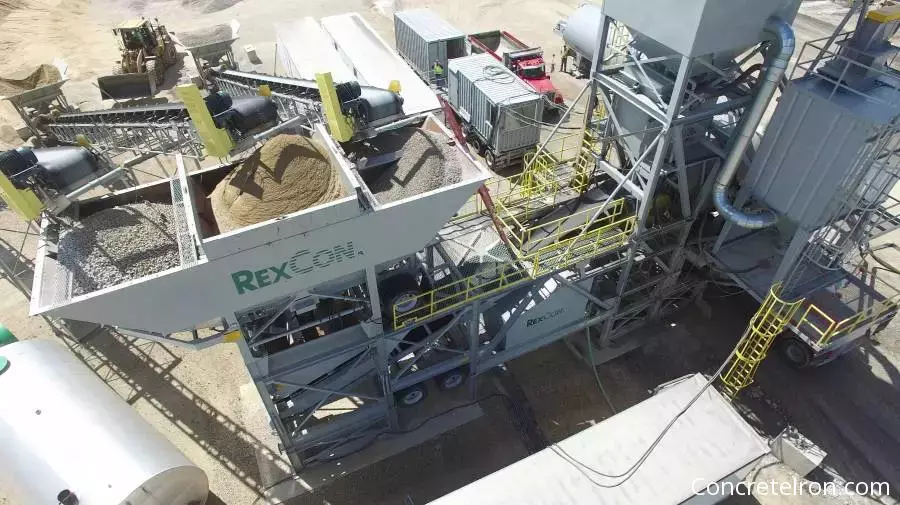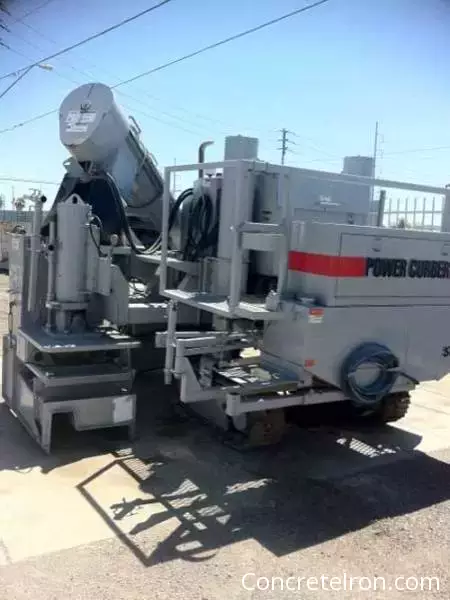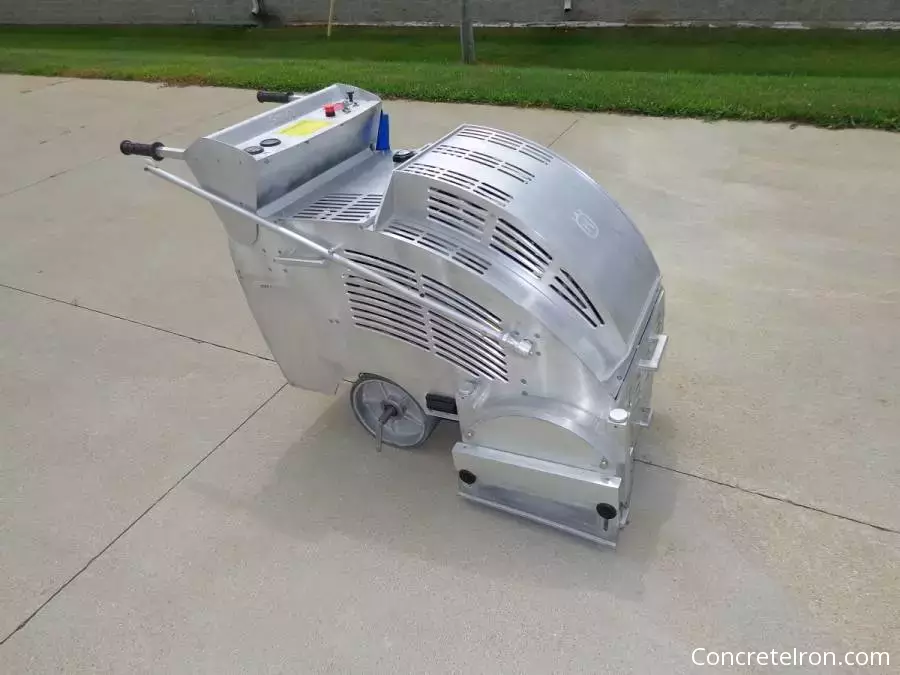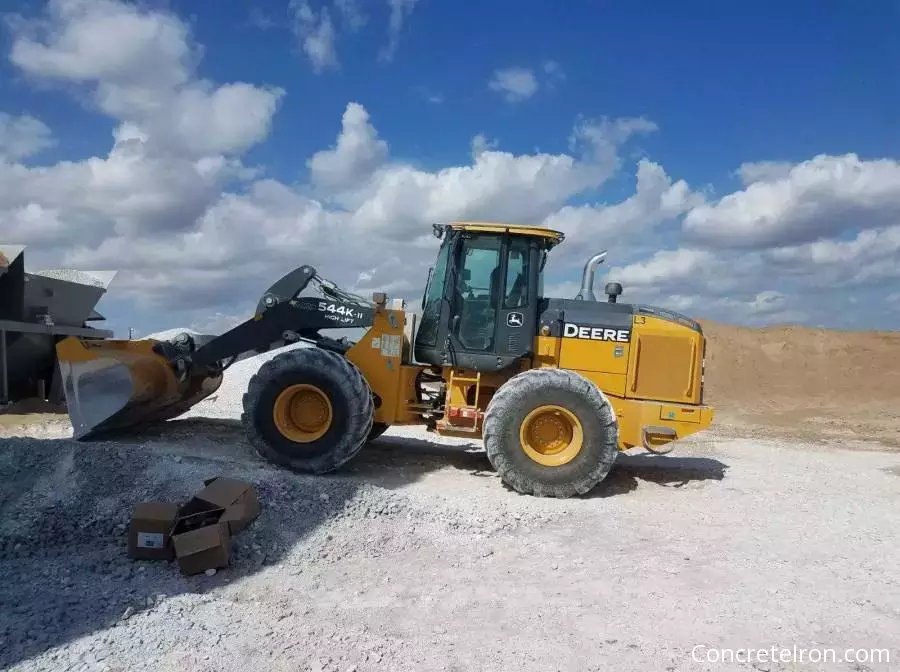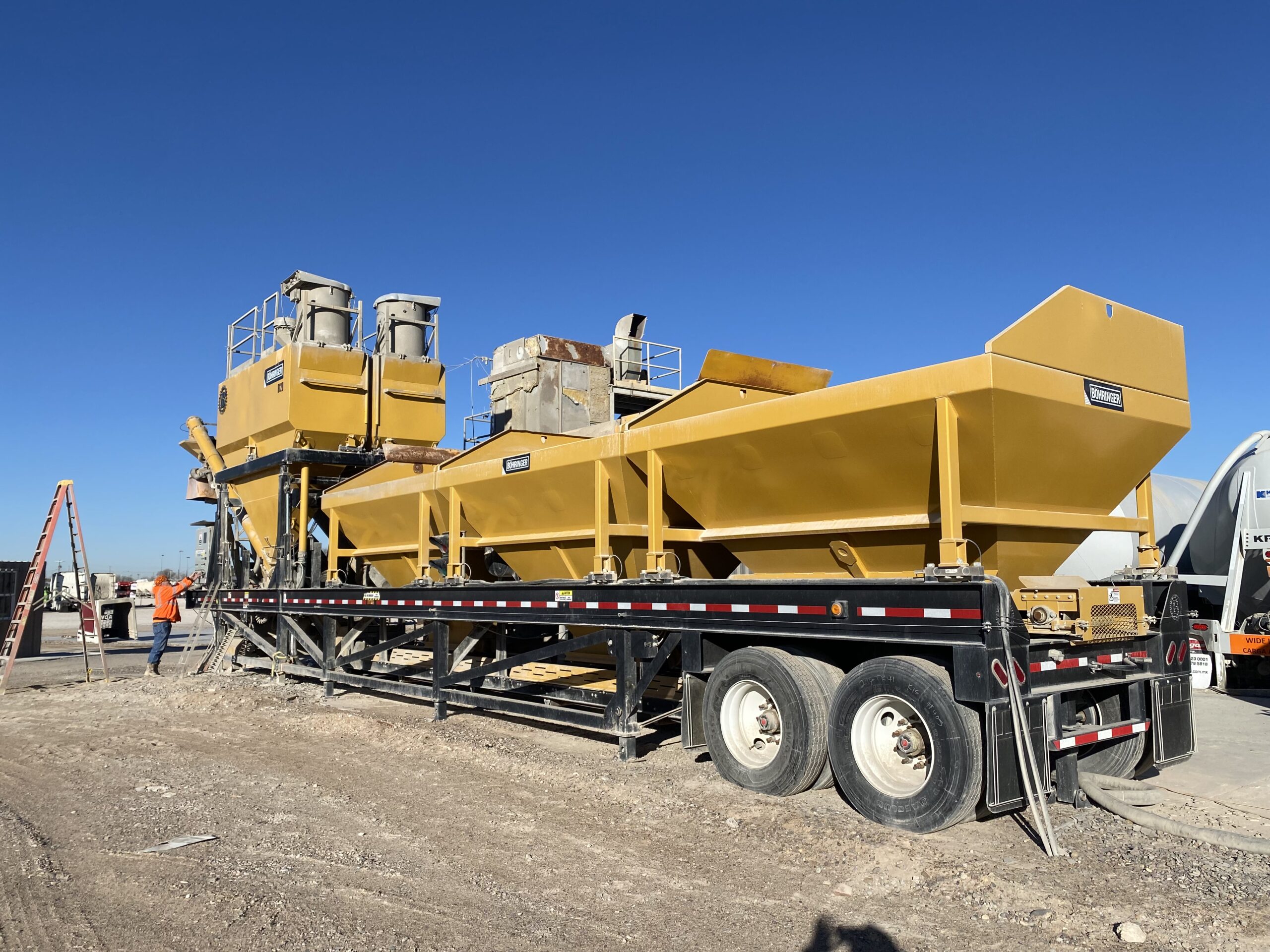
Efficiency is the cornerstone of success in the construction industry. To that end, batch plants play a pivotal role in streamlining material handling, optimizing production rates, and enhancing quality control on construction sites. Continue reading to learn more about the ways in which batch plants expedite efficiency in construction projects.
Streamlined Material Handling
By providing a centralized location for material storage and processing, batch plants eliminate the need to transport materials to and from different locations on site. This centralized approach enhances material handling time and labor and also minimizes material waste and loss by reducing the risk of spillage or contamination during handling.
Precise Mixing and Batching
One of the key advantages of batch plants is their ability to facilitate precise mixing and batching of construction materials. They can accurately proportion materials automatically, ensuring consistent mixing quality and uniformity. With batch plants, you eliminate the variability and human error often associated with manual mixing methods. This means, you can rely on batch plants to deliver reliable and high-quality mixes every time, regardless of the scale or complexity of your project.
Increased Production Rates
In addition to precision, using batch plants can significantly lead to increased production rates due to their continuous operation capabilities. Manual mixing methods on the other hand have periods of downtime, but with batch-to-batch consistency, you can better maintain an uninterrupted workflow.
Enhanced Quality Control
Batch plants play a pivotal role in enhancing quality control through their advanced monitoring and control systems. By automating material proportioning based on predetermined mix designs, batch plants minimize the risk of human error associated with manual mixing methods. They also come equipped with sophisticated monitoring systems that allow you to closely monitor the batching process in real-time. For example, if a deviation from the desired mix proportions is detected, the system can automatically adjust the material flow rates to correct the issue, ensuring that the final product meets the required quality standards.
Reduced Downtime and Delays
Batch plants help minimize downtime and project delays by streamlining material delivery and availability. With materials readily available at the batching site, you no longer have to wait on off-site material delivery to continue your project. This timely access to materials mitigates the risk of delays, helping you better stay on schedule and within budget.
Cost Savings
Increased efficiency translates to cost savings in construction projects, and batch plants minimize labor costs associated with manual mixing. The long-term benefits of increased productivity and efficiency further contribute to overall cost savings during construction projects.
Flexibility and Adaptability
Another advantage of batch plants is their flexibility and adaptability to varying project requirements.
Adjustable Batch Sizes:
One of the primary benefits of batch plants is their ability to accommodate various batch sizes based on project requirements. This flexibility allows you to scale your production capacity according to project demands at any given time.
Customizable Mix Designs:
Construction projects may require different concrete mixes based on factors such as structural requirements, environmental conditions, and performance specifications. Batch plants can be programmed to adjust mix proportions, aggregate gradations, and admixture dosages to meet these diverse requirements.
Compatibility with Various Materials:
Batch plants are capable of handling a wide range of materials, including aggregates, cement, water, and admixtures. Additionally, batch plants can accommodate supplementary cementitious materials and chemical admixtures.
On-Site Adjustments and Modifications:
Batch plants enable you to make real-time adjustments to concrete mixes based on your changing project conditions or requirements and fine-tune mix proportions and admixture dosages accordingly. Having a batch plant means you are able to accommodate last-minute changes in mix designs or specifications from clients.
Adaptation to Project Phases:
During the early stages of construction, batch plants may focus on producing structural concrete for foundations, columns, and slabs. As the project progresses, batch plants can transition to producing specialty concrete mixes for architectural finishes, decorative elements, or specialized applications. This adaptability ensures consistent productivity throughout the entire construction process.
Environmental Benefits
In addition to their operational advantages, batch plants offer environmental benefits that align with sustainability initiatives.
Reduction in Carbon Emissions:
By automating material handling and batching processes, batch plants minimize the use of fossil fuels associated with manual mixing methods. Additionally, batch plants incorporate energy-efficient components and systems, such as electric motors and energy recovery systems.
Minimization of Material Waste:
Batch plants are designed to minimize material waste, conserving valuable resources and reducing the need for additional raw materials extraction and processing.
Compliance with Environmental Regulations:
Many batch plants have measures to control dust emissions, manage water usage, and mitigate noise pollution. Compliance with environmental regulations demonstrates a commitment to environmental stewardship and sustainability, making batch plants a responsible choice for project managers.
Batch plants are indispensable tools that enhance efficiency in construction projects. From streamlining material handling to improving quality control and reducing downtime, batch plants offer a multitude of benefits that drive productivity throughout the construction process.

